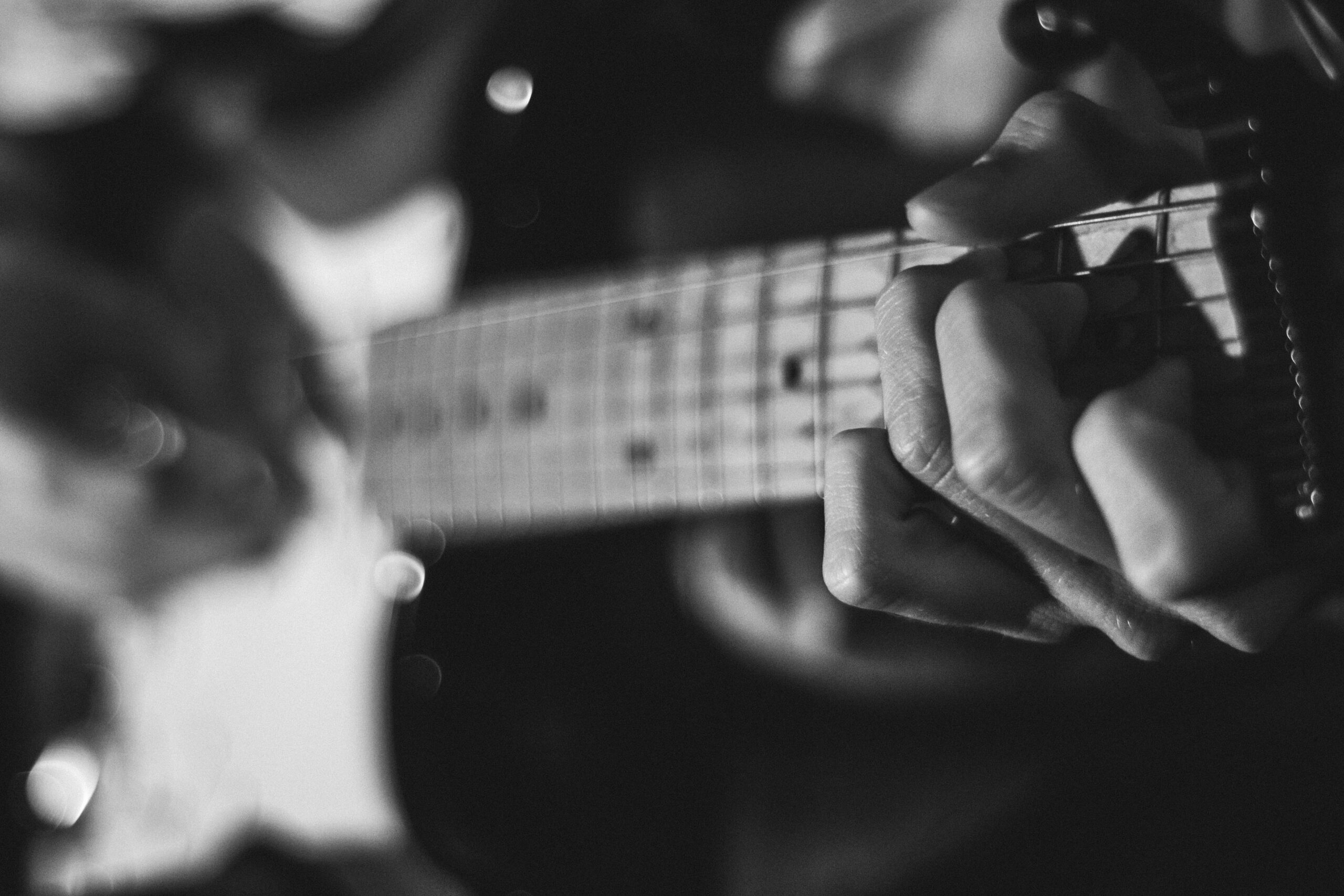Music, the universal language that transcends barriers and speaks to the soul, is created through a harmonious blend of various instruments. Whether you are a seasoned musician or a music enthusiast, understanding the nuances of instrument tuning is crucial. Tuning instruments correctly not only ensures a pleasing auditory experience but also guarantees that the music produced is in harmony. In this article, we will explore the instruments that need tuning and the ones that do not, shedding light on the importance of precision in the musical world.
Why Tune Instruments?
Before delving into the specifics, it’s essential to understand why instruments need tuning. Tuning instruments serve as the foundation of any musical performance. It involves adjusting the pitch of the notes produced to match a specific standard, often the widely accepted A440 Hz. This standardization ensures that when musicians play together, their instruments are in harmony, creating a cohesive and pleasant sound.
Instruments That Need Tuning
- String Instruments:
- Guitar: Guitars, both acoustic and electric, require regular tuning. The six strings need to be tuned to the correct pitch to produce accurate notes.
- Violin, Viola, Cello, Double Bass: These string instruments need meticulous tuning, as even a slight deviation in pitch can result in dissonance.
- Wind Instruments:
- Flute, Clarinet, Saxophone: Wind instruments need tuning to maintain correct embouchure, ensuring the right pitch while playing.
- Brass Instruments (Trumpet, Trombone, Tuba): Brass instruments require tuning adjustments through slides and valves to produce accurate notes.
- Keyboard Instruments:
- Piano: Pianos need regular tuning by professional piano tuners. The intricate system of strings and hammers requires precise adjustment to maintain pitch consistency across all keys.
- Organ: Pipe organs have various pipes that need tuning to produce specific pitches, making it a complex task.
Instruments That Don’t Need Tuning
- Percussion Instruments:
- Drums: Traditional drums do not have a specific pitch and do not require tuning. However, tuning may be necessary for specific effects or in the case of certain types of drums like timpani.
- Cymbals: Cymbals are untuned percussion instruments, that create sound through vibration rather than specific pitches.
- Electronic Instruments:
- Synthesizers, Keyboards, and MIDI Instruments: Electronic instruments produce sound through digital or analog technology and do not require tuning in the traditional sense. However, musicians may need to calibrate settings for specific sounds or effects.
- Harmonica: Harmonicas are designed to produce specific notes when blown or sucked, making them inherently in tune without the need for external adjustments.
Conclusion
In the intricate world of music, tuning is the heartbeat that ensures the rhythm and harmony of every composition. Musicians, whether beginners or virtuosos, must comprehend the significance of tuning their instruments correctly. Each instrument, from the soul-stirring violin to the rhythmic drums, plays a vital role in the orchestra of sounds, and being in tune is the key to their collective brilliance.
As you embark on your musical journey, remember that tuning is not just a technicality; it’s a celebration of the art and science of sound. So, whether you are plucking the strings of a guitar or blowing the notes on a saxophone, embrace the melody of tuning, for it is the invisible hand that guides every musician toward perfection, creating symphonies that resonate with the hearts of listeners around the world.
